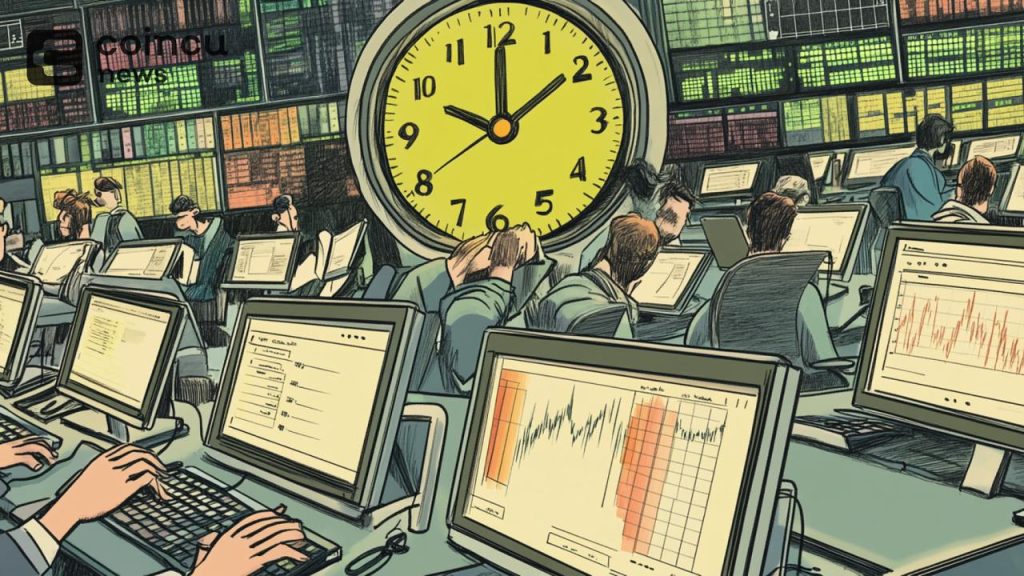Key Points:
The US Non Farm Employment Report is crucial for gauging economic strength and Federal Reserve policy direction.
Investors watch the US Non Farm Employment Report along with GDP and core PCE for insights into inflation and economic trends.
The US Non Farm Employment Report, Q3 GDP, and core PCE data are due this week, offering key insights into economic health and inflation trends.

Impact of the US Non Farm Employment Report on Economic Outlook
The US Non Farm Employment Report is one of the most-watched indicators in the economic calendar, showing new jobs created excluding farm work. It has been regarded as an indication of the overall strength of the labor market. Since stronger job growth reflects economic resilience and higher inflationary pressures, changes in non-farm employment may have direct implications for inflation expectations and monetary policy decisions by the Federal Reserve.
This October report is especially vital because it coincides with other vital indicators: the Q3 real GDP growth rate and the core PCE data, one measuring inflation at the consumer level. Together, these pieces of data will allow a broad view of the economy, enabling policymakers and investors to see where recovery and growth are headed. Analysts will, no doubt, be closely watching for any signs that might have great implications for future employment trends and inflation expectations.
Read more: The US Non-farm Payrolls Increased by 206,000 in June, Bitcoin Defensive at $55,000
Q3 GDP, Core PCE, and Employment Data: Key Insights for Investors
This week’s economic data release includes the Q3 preliminary GDP report, which offers a snapshot of the growth rate for the US economy, and core PCE. The core PCE is an inflation metric preferred by the Federal Reserve because it monitors consumer expenditure on goods and services, excluding the volatile components of food and energy prices.
The pair works together to paint a better picture of economic health and inflationary trends, which are crucial to investment strategies, along with the US Non-Farm Employment Report. Combined, the announcement of data on GDP and employment can lead to significant movements in markets, as investors adjust their portfolios according to news.
A strong GDP growth rate indicates economic growth; large figures for core PCE would enhance fears of inflation. The non-farm employment figures, considered together with GDP and core PCE, are significant evidence of possible interest rates set by the Federal Reserve.



















